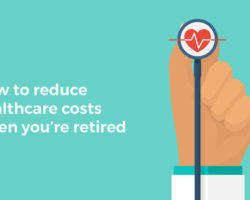Numerous Americans are currently self-employed. And many of them are thinking about taking advantage of today’s rates, which have dropped down to historic lows, and refinancing their mortgages. Unfortunately, it’s not as easy as you may think. In addition to good credit and sufficient assets, self-employed Americans also need to show their lenders their tax returns and a quarterly profit-and-loss statement, to prove that they have sufficient income to make the mortgage payments.
If you’re self-employed, here’s what you need in order to get the best mortgage for you:
Good credit
It’s probably no secret that lenders consider those who are self-employed a much higher risk. But, if you have a really good credit score, you might be able to change their minds. Before going out to shop for a mortgage, check your credit score and make sure that the data it contains is correct. If you can, also try to improve it as much as possible. Every point counts!
Home equity
If you want to refinance, be aware that your mortgage will be based on the amount of equity you have in your home. That’s why it’s always a good idea to invest in your home every once in a while. The more equity you have, the more money you’ll be able to borrow.
A low debt-to-income ratio
If you manage to keep your debt-to-income ratio under 41%, your lender will definitely want to do business with you. Try to pay some of your bills, to reduce your debt-to-income ratio, before shopping for a new mortgage.
Good income
It’s no secret that self-employed individuals reduce their income for tax purposes by deducting business expenses. But you should know that the income your lender is looking at is that listed on your tax returns. If it’s too low, you might only qualify for a smaller mortgage amount.
Cash reserves
Lenders require you to have reserves in the bank so that you can make the payments in case of an emergency. Different lenders usually ask for different amounts, but you should have at least two months or more of housing payments in the bank just to be safe.







